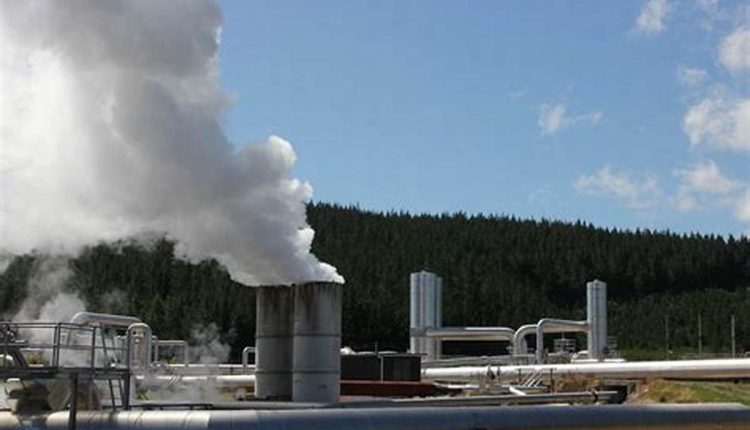AFRICA, WITH NIGERIA LEADING, CAN BECOME WORLD’S FIRST GREEN MANUFACTURING HUB
By Bola Ahmed Tinubu
African countries, including Nigeria, need partnerships for a new green economy. Efforts against climate change will only be successful through a cooperative approach.
Nigeria has battled back against major obstacles, including the impact of the COVID-19 pandemic, short-term challenges from economic reforms, and the ongoing unification of foreign exchange rates, but the nation remains steadfast in its resolve to reconstruct a better, cleaner economy despite these challenges.
To uphold our legally binding commitment to a cleaner world, Nigeria launched the Nigerian Carbon Market Initiative at COP28 by joining the African Carbon Market Initiative.
Developing nations, despite contributing minimally to the problem, endure most of its impacts.
African countries simply cannot go at it alone. There must be a fair and cooperative approach. For too long, too many developed nations have hesitated to do what they should.
Nigeria has taken significant steps and decisively enacted the Climate Change Act and committed to net-zero emissions between 2050 and 2070.
Africa’s most populous nation has successfully mobilized tens of thousands of youths nationwide to plant 250,000 trees annually to honor a pledge to plant 25 million trees by 2030 as Nigeria builds its great green wall to fight back against encroaching desert across the northern region of the country.
Nigeria is aggressively exploiting the nation’s abundant wind and solar resources.
However, transitioning from fossil fuels, which are Nigeria’s economic mainstay, will not be easy.
While in Berlin last month at the G20 Summit, Nigeria stated its commitment to develop blue and green hydrogen capacity for international export. In conversations with Middle Eastern oil producers, Nigeria also solidified this commitment.
Nigeria now seeks to mobilize private capital with support from initiatives like the Climate Finance Leadership Initiative and the new US and EU global infrastructure programs.
The European Union’s Global Gateway program and the U.S. Government’s Build Back Better World initiative are potential resources Nigeria is seeking to explore in its efforts to transition to cleaner energy.
Nigeria is also looking to diversify its economy by engaging in friendly competition with Russia to supply energy to European markets. Nigeria can do it with natural gas and through green energy. This is why it is investing massively in both.
Batteries for hire could help Nigerians ditch their generators. But the time for watching and waiting is over. Developed nations must honor commitments in the form of significant contributions to the Loss and Damage Fund and the 100 billion dollar annual climate financing pledge.
It is time to seize the moment.
Bola Ahmed Tinubu is the President of the Federal Republic of Nigeria.


Comments are closed.